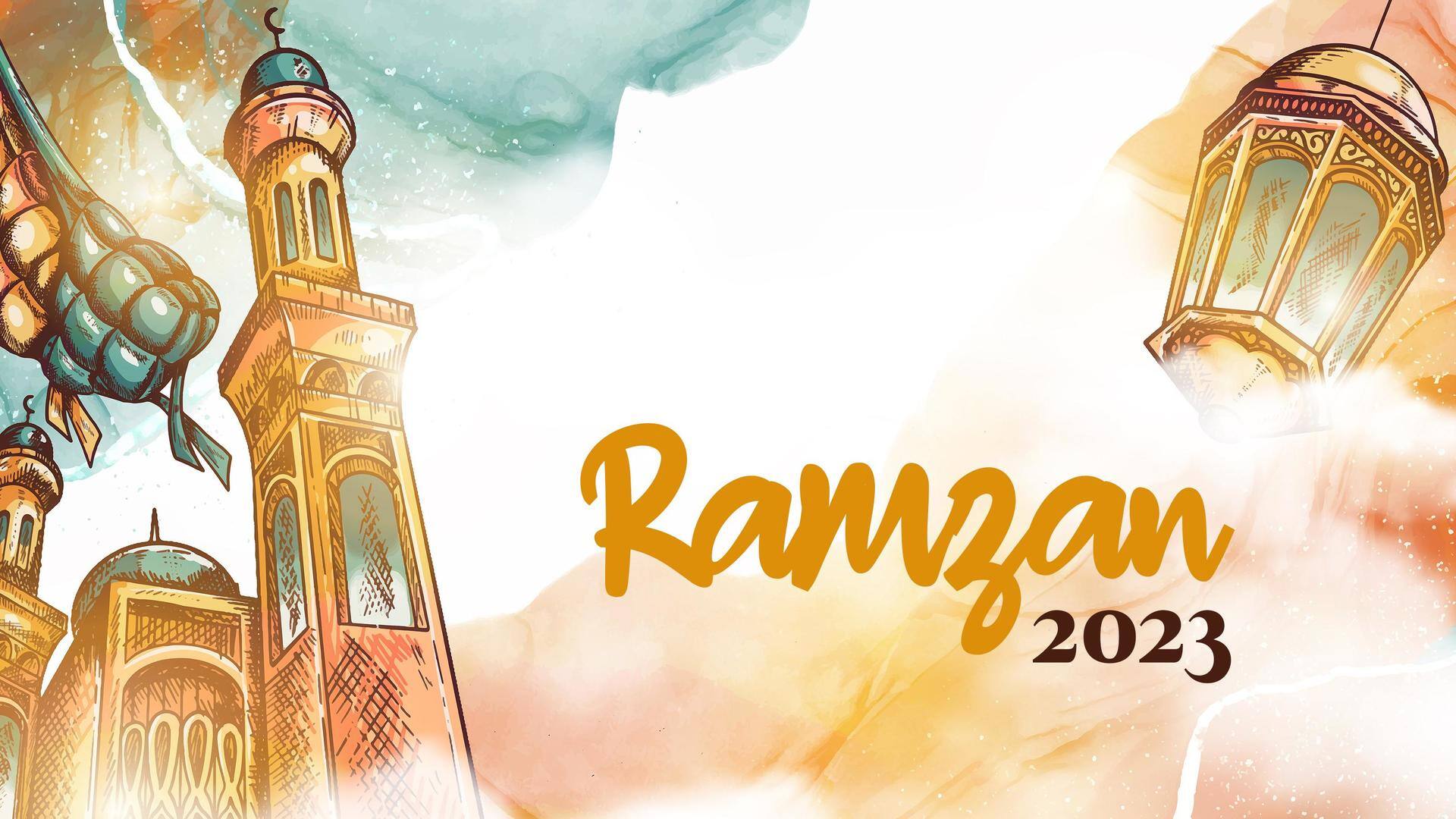
Ramzan 2023: Dates, significance, and rules of fasting
What's the story
Ramzan, or Ramadan, is celebrated with a lot of pomp and grandeur all over the world. Muslims observe the month of Ramzan as a time of spiritual renewal, increased devotion, and a chance to strengthen their connection with the almighty Allah. As we prepare to celebrate Ramzan in a few days, here are a few things to know about this holy month.
Information
Ramzan will be observed from March 22 to April 21
This year, Ramzan will be observed from March 22 to April 21, based on the Islamic calendar. The dates of Ramzan vary every year based on the sighting of the new moon, but it typically lasts for 29 to 30 days.
Significance
Significance of Ramzan
Ramzan, the ninth month of the Islamic calendar, is considered the holiest month of the year for Muslims as it marks the time when the first verses of the Quran were revealed to the Prophet Muhammad. Followers of Islam believe that during this month, the gates of heaven are open, the gates of hell are closed, and the devils are chained.
Rituals
The rituals involved in Ramzan
During Ramzan, Muslims wake up before dawn to eat the pre-dawn meal, known as suhoor or sehri. Then, they fast until sunset, breaking their fast with a meal called iftar. Mosques around the world hold nightly prayers known as taraweeh, which are usually attended by a large number of people. Many Muslims donate to charities and participate in humanitarian activities during this month.
Rules
What are the fasting rules?
Fasting in the month of Ramzan generally involves abstaining from food, drink, and sexual contact from before the first light of morning till the sun sets. Muslims are required to fast for each of the 29 to 30 days of the holy month. If someone is unable to fast throughout the month, charity or fasting days outside of Ramzan may suffice.
Exemptions
Exemption from fasting
Children who have not yet reached puberty are not required to fast. Women who are pregnant or are breastfeeding are exempted from fasting if it poses a risk to their health or the health of their baby. The elderly or chronically ill people are exempted too. Travelers are also exempted from fasting if it is difficult for them to fast while traveling.
Eid-ul-Fitr
Eid-ul-Fitr marks the end of the period
Eid-ul-Fitr is the largest Islamic festival celebrated at the end of the month-long fasting of Ramzan. It is a joyous occasion that marks the end of the period of self-reflection and spiritual growth that Muslims experience during the holy month. It is celebrated on the first day of the Islamic month of Shawwal, which follows the end of Ramzan.
Information
A practical approach towards Ramzan
The celebration of Ramzan serves several purposes for Muslims. One of the primary reasons is to exercise self-discipline and self-control through fasting. It serves as an opportunity to renew their commitment to their faith, deepen their spiritual awareness, and strengthen their relationships with Allah.